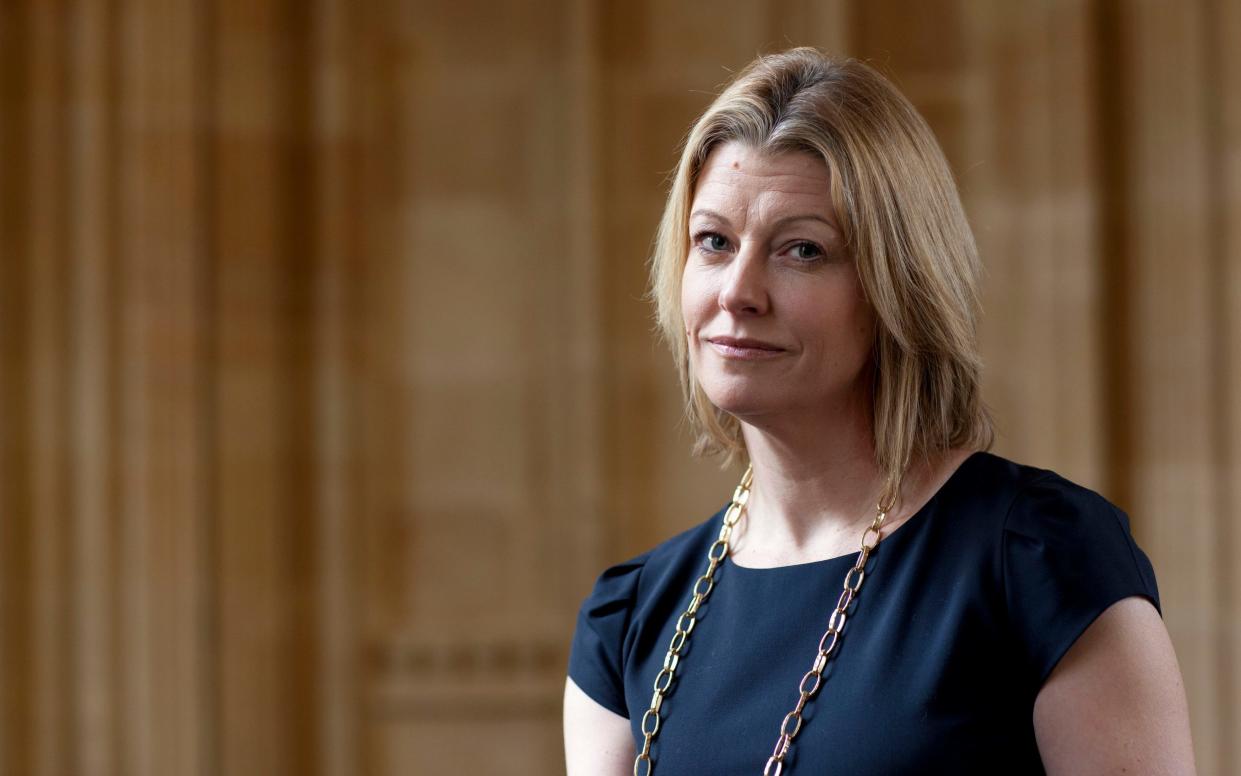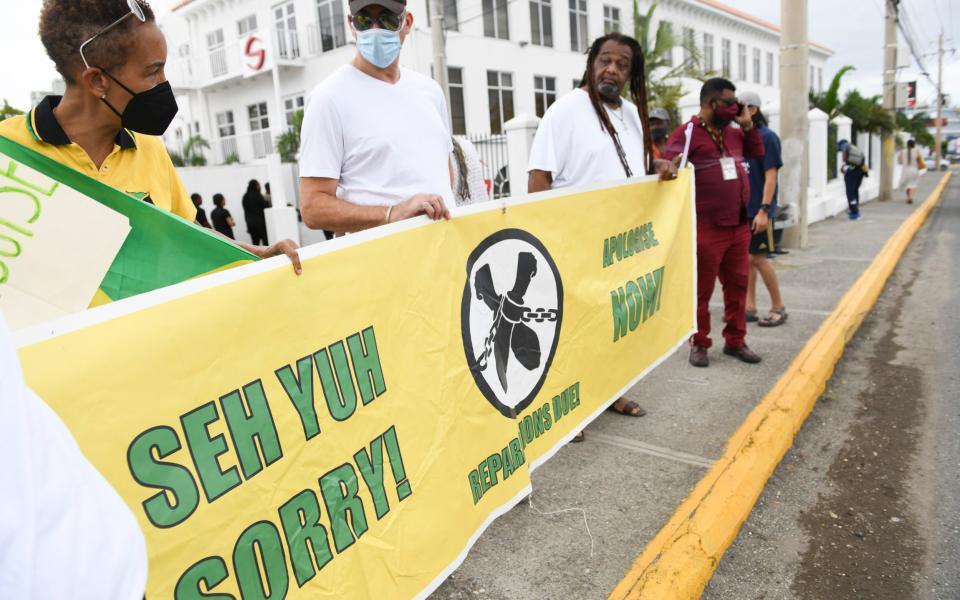BBC journalist says her family will pay slavery reparations

A British family whose ancestors had slaves in the 1800s is to apologise to the people of a Caribbean island and pay reparations.
One of the family members, a BBC reporter, said the Trevelyan family is apologising “for the role our ancestors played in enslavement on the island” of Grenada.
The family had more than 1,000 slaves there in the 19th century and owned six sugar plantations, the broadcaster reported.
BBC News journalist Laura Trevelyan, who is based in the US, tweeted: “The Trevelyan family is apologising to the people of Grenada for the role our ancestors played in enslavement on the island, and engaging in reparations.”
The family intends to donate £100,000 to establish a community fund for economic development on the island, the BBC said.
Ms Trevelyan said seven family members will travel to Grenada this month to issue a public apology.
‘You can acknowledge the pain’
The reporter, who visited the island for a documentary, told the BBC the experience had been “really horrific” and that she “felt ashamed” on seeing the plantations where slaves were punished and the instruments of torture used to restrain them.
She said: “You can’t repair the past – but you can acknowledge the pain.”
Watch: Prince Charles expresses sorrow over slavery
Ms Trevelyan added that the family had received about £34,000 in 1834 for the loss of its “property” on Grenada, which is thought to be the equivalent of about £3 million in today’s money.
She acknowledged that giving £100,000 almost 200 years later could seem “inadequate”, but said: “I hope that we’re setting an example by apologising for what our ancestors did.”
The decision comes after growing calls from politicians and campaign groups in recent years for the nations and families that benefited from slavery to pay reparations.

In 2013, Caribbean Community, an intergovernmental body for Caribbean nations, set up its own Reparations Commission, which called on European governments to pay reparations and cancel debt.
The issue of reparations came to the fore last year, when Prince William and Princess Kate visited Jamaica to mark the 60th anniversary of the island’s independence.
Ahead of the visit, 100 Jamaican leaders signed a letter accusing the monarchy of being direct beneficiaries of wealth accumulated stemming from slavery, and called for a public apology from the monarchy and “reparatory justice”, including payments.
In 2021 on a visit to Barbados, ahead of it becoming a republic, King Charles became the first member of the Royal family to formally acknowledge what he called the “appalling atrocity of slavery” in the Caribbean, adding that the period “forever stained our history”.

 Yahoo News
Yahoo News 
